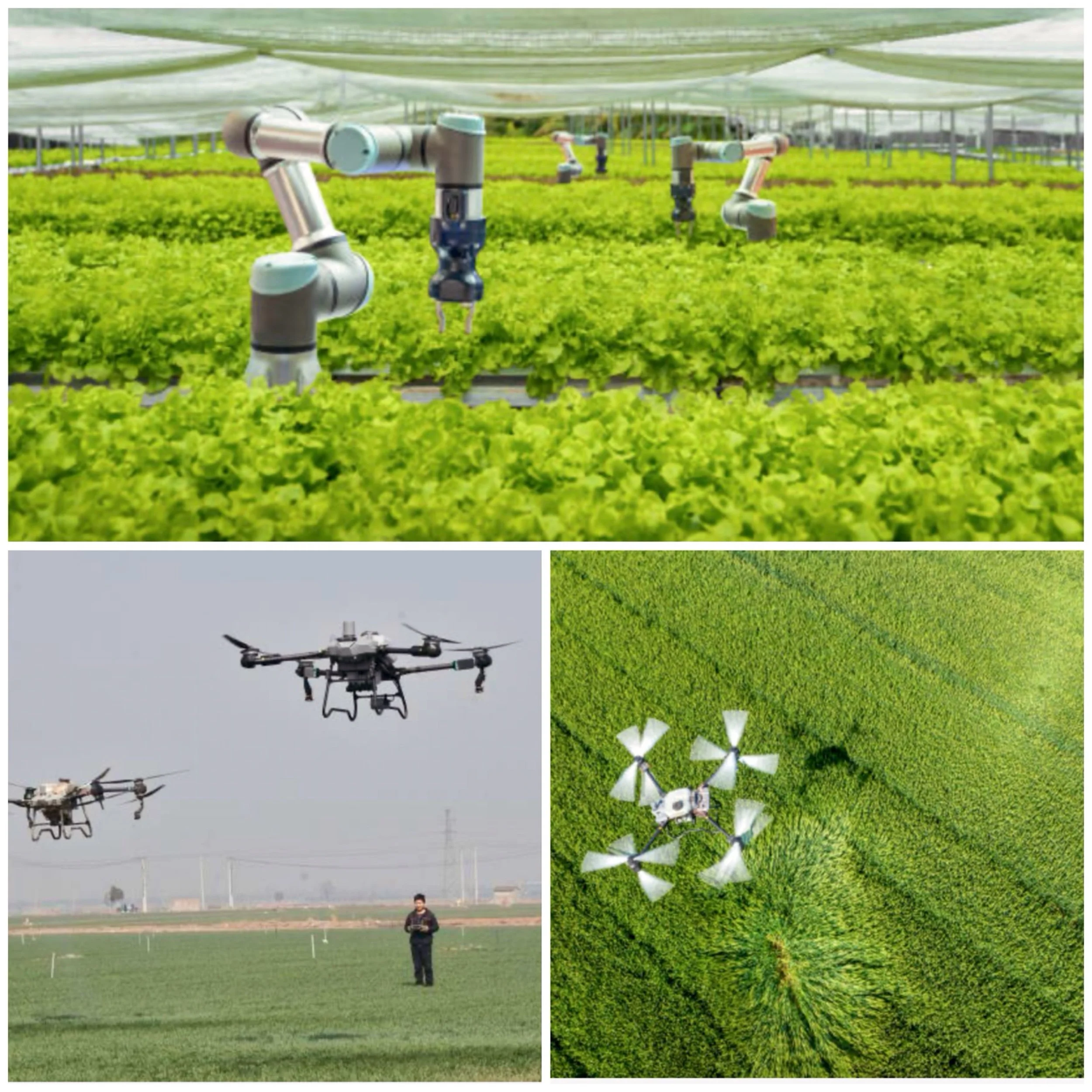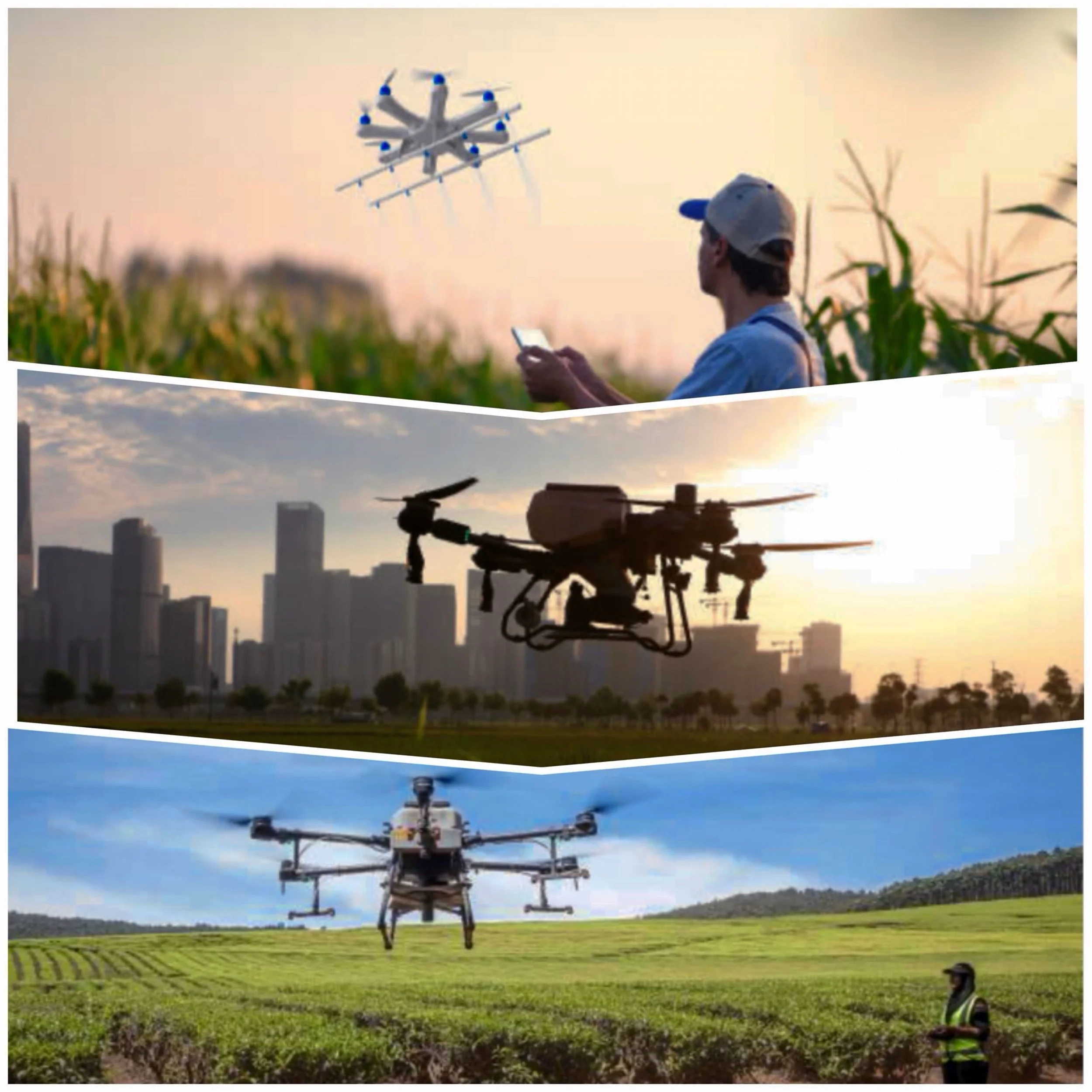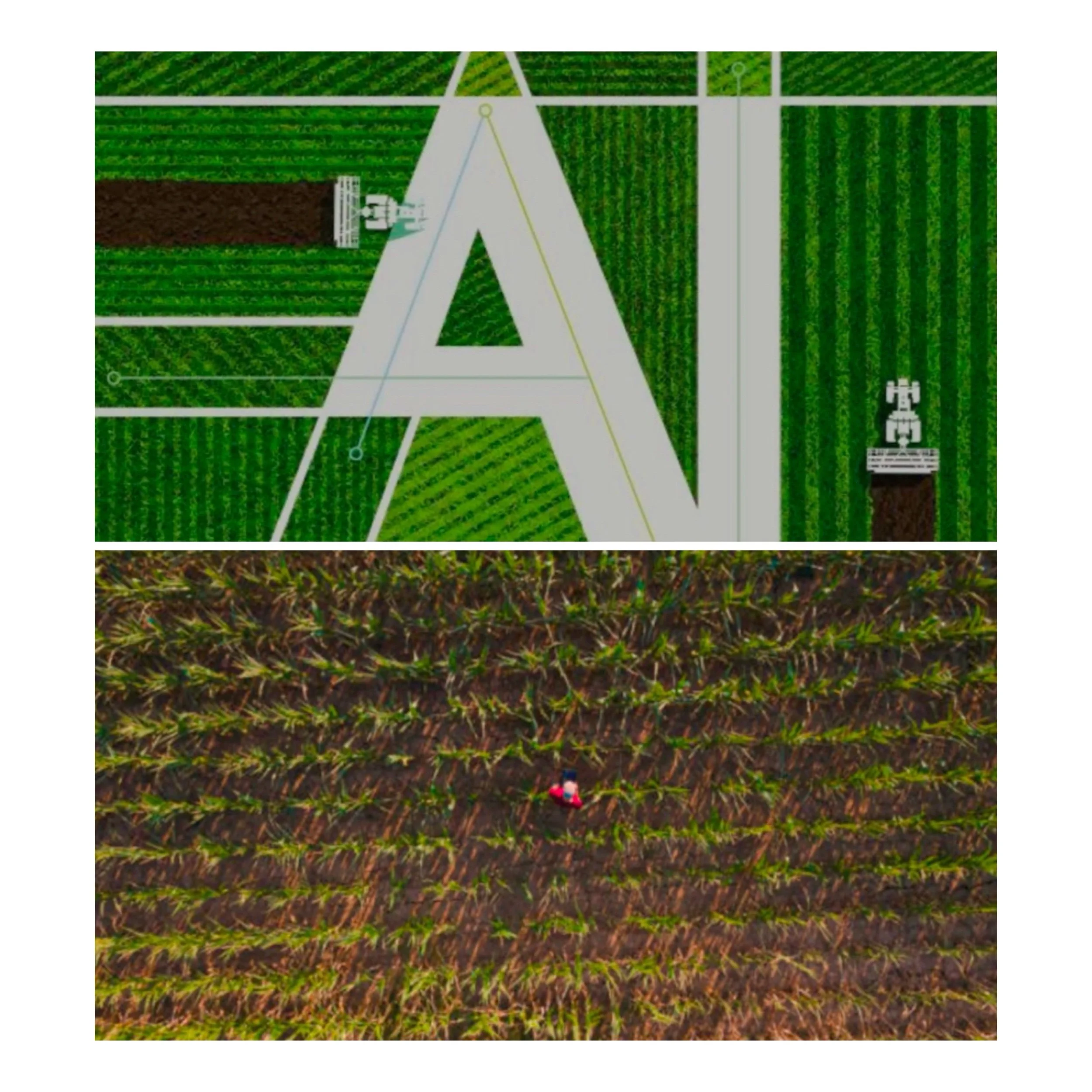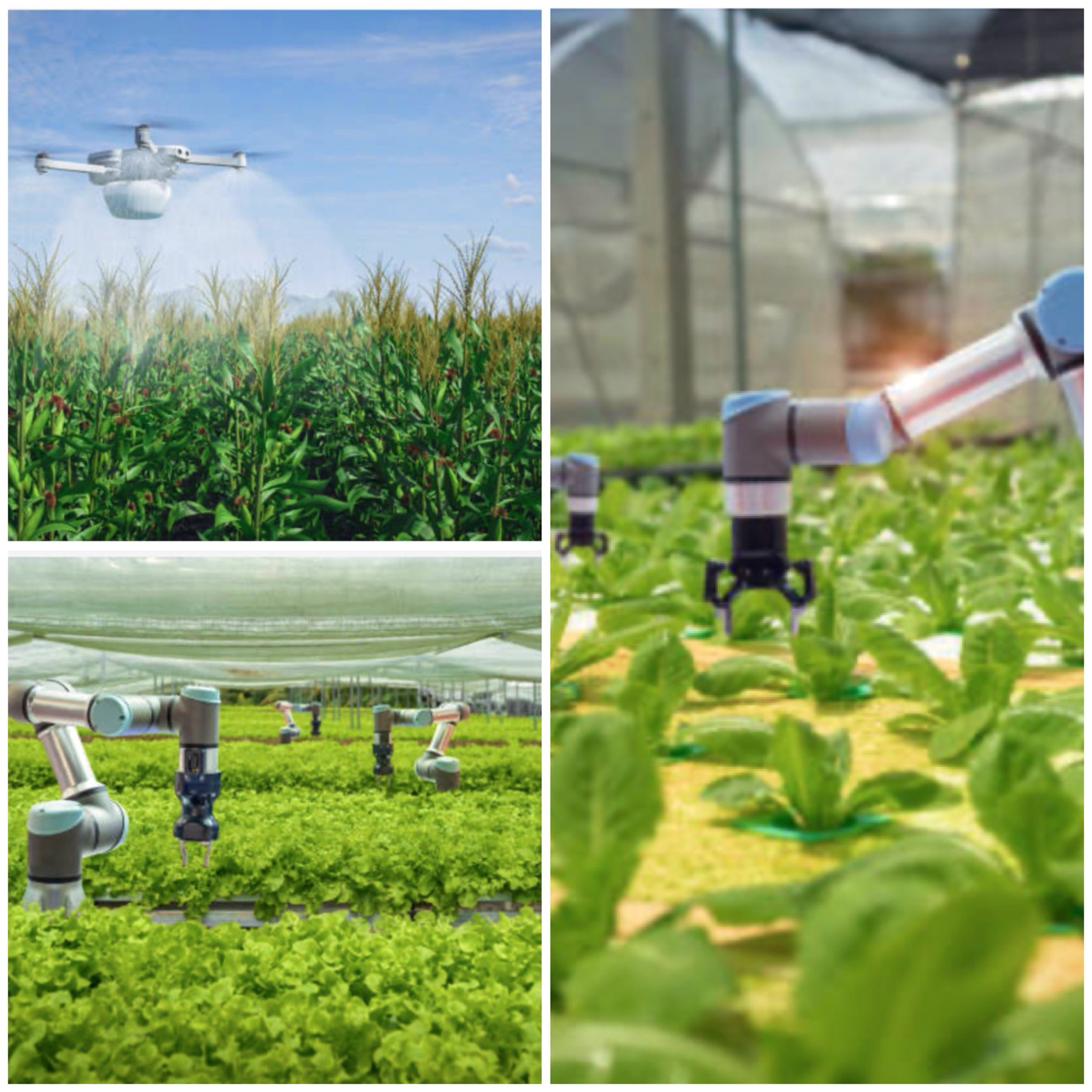What role do AI algorithms play in optimizing irrigation schedules
Introduction
AI algorithms play a crucial role in optimizing irrigation schedules through several key functions:
Predictive Analytics
Analyze historical and real-time data to predict water demand for irrigation.
Forecast weather patterns and irrigation requirements accurately.
Enable more precise planning of water supply and irrigation schedules.
Data-Driven Decision Making
Process information from various sensors, including soil moisture, crop status, and weather conditions.
Adjust irrigation schedules based on multiple factors such as crop types, soil conditions, and environmental changes.
Provide farmers with data-driven insights for informed decision-making.
Precision Water Management
Control intelligent irrigation systems to precisely adjust water supply based on various variables.
Prevent under or over-watering by efficiently managing irrigation schedules.
Reduce water usage by up to 25% through AI integration.
Crop Health Monitoring
Analyze satellite images and sensor data to detect anomalies in crop growth patterns.
Identify early signs of water stress, allowing for timely corrective actions.
Monitor crucial parameters such as plant stress and leaf wetness.
Automated System Control
Enable remote control and monitoring of irrigation processes through mobile apps or web interfaces.
Automatically adjust settings based on real-time data and predictions.
Reduce the need for manual intervention in irrigation management.
Conclusion
By leveraging these capabilities, AI algorithms significantly enhance irrigation efficiency, promote water conservation, and contribute to improved crop yields and plant health.






